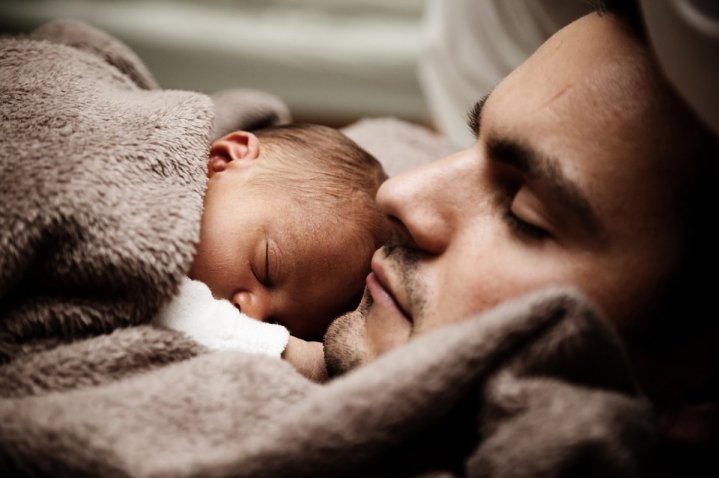
A joint study conducted by researchers at the Binghamton University and the State University of New York has revealed that infants who look like their dads during their birth will be healthier by their first birthday.
According to the researchers, fathers will spend more time with babies who look like them, and as a result, these babies will be healthier when compared to other infants who did not look like their father. The detailed study report is published in the Journal of Health Economics.
Why fathers spend more time with infants who look like them?
During the study, researchers looked at 715 families in which babies lived with only their mother. Later, mothers were asked to classify their kids according to the health status; poor, fair, good, very good, and excellent. After analyzing the answers, the research team came to the conclusion that babies who resemble their dads during the time of birth were more healthy after one year.
So, what makes them healthier, and why fathers tend to spend more time with them? Solomon Polachek, the lead author of the study says that fathers will have a feeling of closeness to babies who resemble them, and they will also believe that these infants are their own clones.
"The idea is that, due to paternity uncertainty, a man assesses genetic relatedness based on whether the child resembles him and uses this information to direct investment resources to the child. This data is appropriate since paternity uncertainty is more likely to prevail among fragile families," said Solomon Polachek, lead author of the study, Tech Times reports.
The researchers found that babies who resemble their father enjoy 2.5 more days per month with their father compared with other kids who did not resemble their fathers.
Polachek added that fathers are important in raising a child, it directly manifests itself in the health of the kid.
The research report made it clear that frequent visit of a non-resident father is quite necessary to shape the life of the kid, as it will help the dad to know more about the child's health and economic needs.









